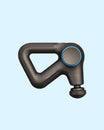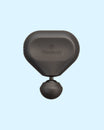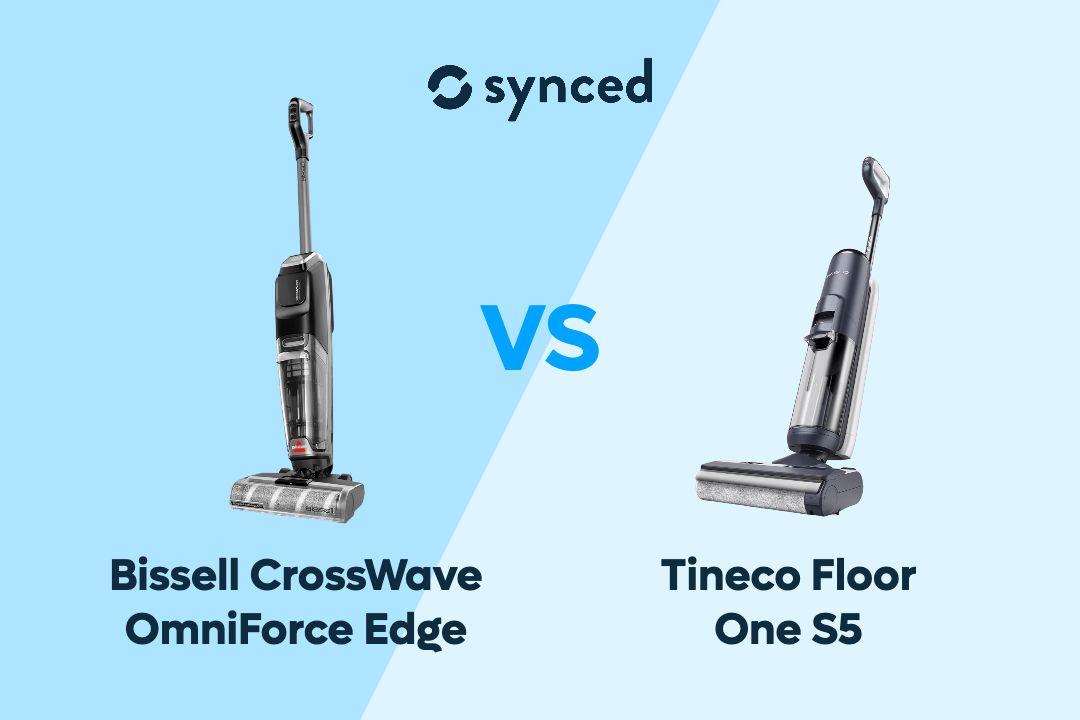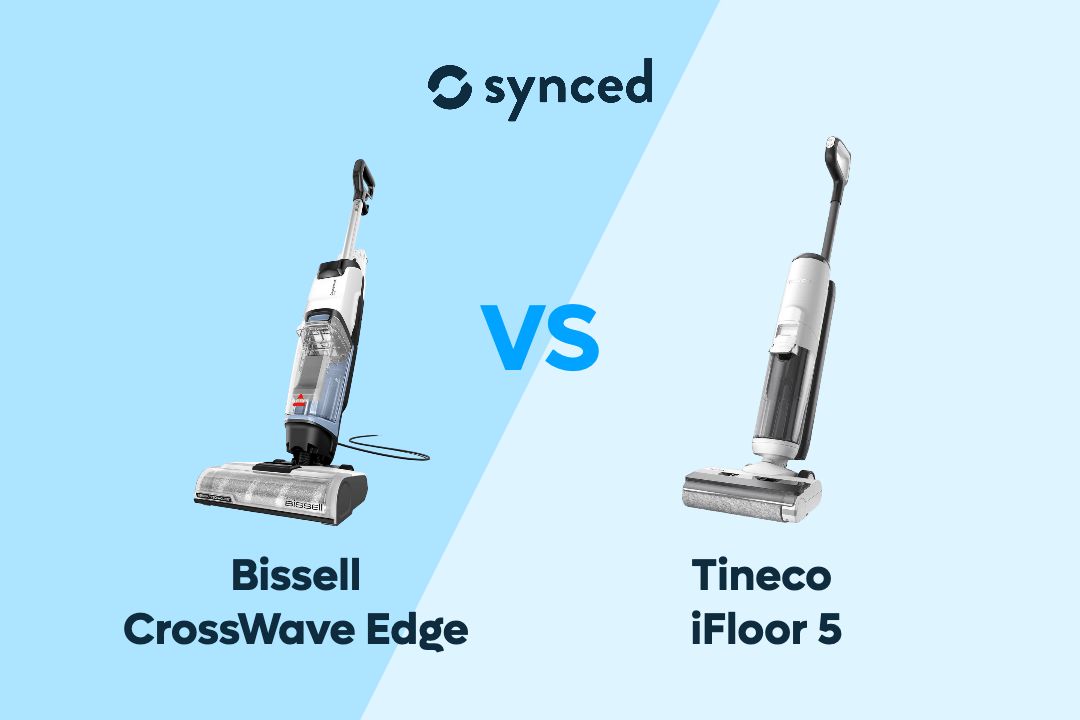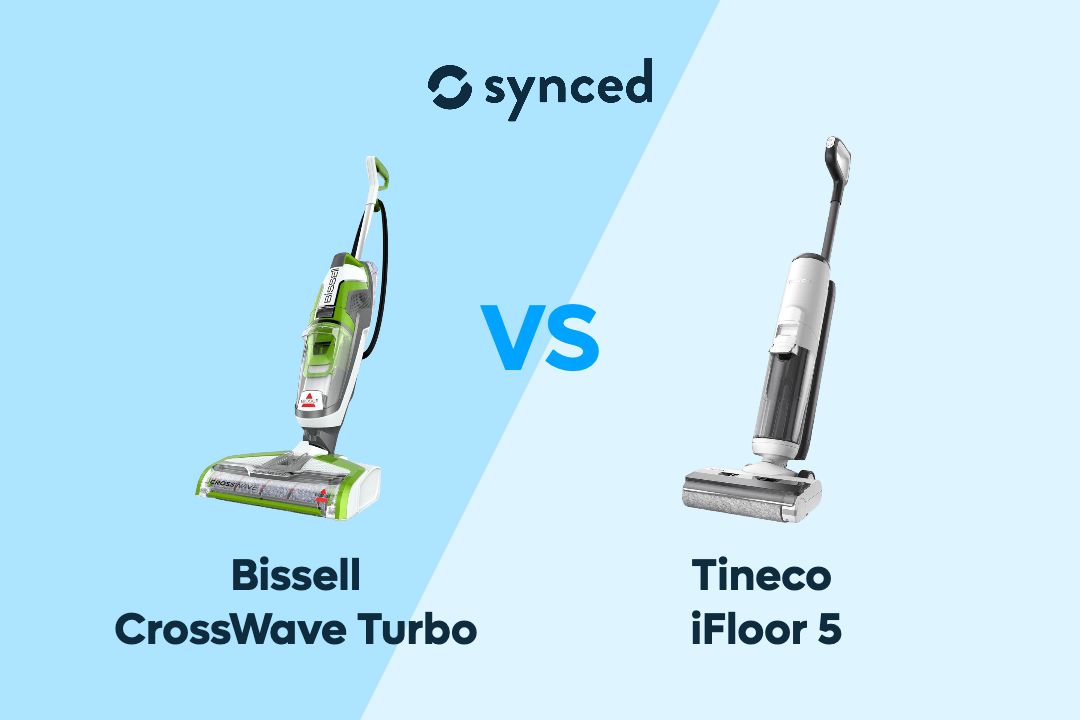Insta360 Ace Pro vs DJI Osmo Action 4: 6 Key Aspects to Consider
By Naila Syifa
Updated December 2023

DJI Osmo Action 4 has been known for its distinctive 1/1.3" sensor, the largest in the action camera market, which allows for great performance in low light conditions. However, the recent release of Insta360 Ace Pro has brought a new contender to the market, which offers the same low light-performing 1/1.3" sensor with even more advanced qualities like an 8K resolution and smart features like generative AI and stats dashboard.
In this article, we'll compare the two cameras in terms of 6 important aspects: price, design, video quality, features, battery life, and accessories, to help you make an informed decision on which one to choose.
Key Takeaways
Both have a 1/1.3" sensor for great low-light performance, but the Insta360 Ace Pro has a higher maximum resolution of 8K compared to the DJI Osmo Action 4 with a 4K resolution. The Ace Pro also has more innovative features and better battery life, but the Action 4 is more compact, lighter, and has better waterproof capabilities.


Insta360 Ace Pro
Smart Action Camera
✓ 8K Video, 48MP Photo
✓ 1/1.3” Sensor
✓ FlowState Stabilization with Horizon Lock
✓ FreeFrame Video

DJI Osmo Action 4
True Action Camera
✓ 4K Video, 10 MP Photo
✓ 1/1.3” Sensor
✓ RockSteady 3.0+ and HorizonSteady
✓ 10-bit & D-Log M Color Performance
#1 Price

Insta360 Ace Pro
DJI Osmo Action 4 retails for around US$399 on the market, quite an expensive price tag for an action camera. However, the Insta360 Ace Pro is even pricier, with a retail price of around US$499.99.
If you prefer the Insta360 over the DJI Osmo Action 4 but don't want to spend that much, consider the Insta360 Ace, which offers many of the same features as the Insta360 Ace Pro excluding only 4 things at a more accessible price of US$409.99.
#2 Design

DJI Osmo Action 4
Similarities
Insta360 Ace Pro and DJI Osmo Action 4 share a rectangular shape with a rugged design and waterproof capabilities, making them suitable for various outdoor activities. Both cameras are also perfect for winter sports, as they can withstand extreme temperatures as low as -20°C. In addition, they also feature a magnetic quick-release design, which allows for easy swapping of accessories.
Differences
DJI Osmo Action 4 is more compact and lighter than the Insta360 counterpart, making it look more like a typical action camera. It measures 70.5 x 44.2 x 32.8 mm and weighs 145 g, while the Insta360 Ace Pro has dimensions of 71.9 x 52.15 x 38.5 mm and a weight of 179.8 g.
DJI Osmo Action 4 also has a better waterproof rating than the Insta360 Ace Pro, with a depth of up to 18 m compared to the Ace Pro's 10 m. This makes Action 4 a better option if you plan to use it for underwater activities. However, with the dive case, both cameras can withstand depths of up to 60 m.
Another difference between the two in terms of design is the camera screen. DJI Osmo Action 4 features a dual-touchscreen display, consisting of a 1.4" front and 2.25" rear display. The Insta360 Ace Pro only has a single 2.4" touchscreen display, but it is flippable, so you can adjust the angle of the screen more flexibly to suit your needs.
#3 Video Quality

Insta360 Ace Pro
Similarities
Insta360 Ace Pro and DJI Osmo Action 4 boast a large 1/1.3" sensor, which captures more light and has better dynamic range, resulting in an excellent performance in low light conditions.
Both also feature built-in HDR, which helps enhance the quality of the footage by balancing the exposure in bright and dark areas of the frame for detail-rich footage even in challenging lighting conditions.
Differences
When it comes to image resolution, the Insta360 Ace Pro outshines the DJI Osmo Action 4 with a maximum resolution of 8K/24 fps for videos and 48 MP for photos. DJI Osmo Action 4, on the other hand, has a lower maximum video resolution of 4K/120 fps and a photo resolution of 10 MP.
Another difference is that the DJI Osmo Action 4 features an F/2.8 aperture while the Insta360 Ace Pro features a wider aperture of F/2.6. A wider aperture allows more light to enter the camera, resulting in better low-light performance. In addition, with the Ace Pro, you can enable the PureVideo mode, which uses a 5nm AI chip that further helps to reduce noise, enhance brightness, and improve dynamic range, resulting in incredible low-light footage.
#4 Features

Insta360 Ace Pro
Similarities
Both the Insta360 Ace Pro and DJI Osmo Action 4 feature image stabilization technology, which helps to reduce camera shake and results in smoother footage. This feature is known as the FlowState Stabilization in the Insta360 Ace Pro and RockSteady 3.0 in the DJI Osmo Action 4.
Both cameras also support hands-free operation with voice control, which allows you to start and stop recording, take photos, switch between modes, and more using voice commands.
Differences

DJI Osmo Action 4
One difference is that the Insta360 Ace Pro also supports gesture control, allowing you to control the camera with simple hand movements, while the DJI Osmo Action 4 does not have this feature.
Some other features that the Ace Pro offers that the Hero 12 doesn't are AI Highlights Assistant, which automatically selects the best parts of your footage and generates a ready-to-share video, AI Warp, a generative AI that allows for more creativity, and FreeFrame Video, which records video that you can reframe in post-production to export in any aspect ratio you want.

AI Warp in Insta360 Ace Pro
Another groundbreaking feature of the Insta360 Ace Pro is the Unique Stats Dashboard, which integrates information from Garmin devices or Apple watches, such as speed, GPS, and more, allowing you to overlay the data on top of your footage to create a more informative and engaging video.
DJI Osmo Action 4 also offers AI-powered editing with its LightCut app. It doesn't offer all the other innovative features of the Insta360 Ace Pro, but it does have some distinctive features typical of an action camera, such as the Timecode Sync function, Wi-Fi livestreaming, and D-Log M color profile for better color grading in post-production.
#5 Battery Life

DJI Osmo Action 4
Similarities
Both the Insta360 Ace Pro and DJI Osmo Action 4 support fast charging, so you can get back to recording in no time. The Insta360 Ace Pro fully charges in 46 minutes while the DJI Osmo Action 4 fully charges in 49 minutes.
Differences
DJI Osmo Action 4 is powered by a 1770 mAh battery, which lasts around 70 minutes at 4K/120 fps and 160 minutes at 1080p/24 fps.
Insta360 Ace Pro has a smaller battery capacity of 1650 mAh, but it can last longer for up to 100 minutes at 4K/30 fps. This means, the Ace Pro has a more efficient battery performance.
#6 Accessories

GPS Preview Remote for Insta360 Ace Pro
Similarities
Among the many accessories available for both cameras, the most popular one may be the selfie stick, known as the Invisible Selfie Stick for Insta360 Ace Pro, and the InvisiStick for the DJI Osmo Action 4. With the AI selfie stick removal available in both camera apps, you can easily remove the stick from the footage in post-production to create seamless third-person shots.
Differences
However, the Insta360 Ace Pro also offers one unique accessory that is not available for the DJI Osmo Action 4, which is called the GPS Preview Remote. Functioning as a control hub, you can attach this device to your wrist or bike's handlebar to preview the shots, control the camera, and simultaneously record various data like GPS info and speeds to add to your footage later on.
Insta360 Ace Pro vs DJI Osmo Action 4
Final Thoughts

Timecode Sync in DJI Osmo Action 4
Insta360 Ace Pro stands out with its 8K resolution and many innovative features such as Gesture Control, AI Warp, AI Highlight Assistant, FreeFrame Video, and Unique Stats Dashboard. However, it does come with a high price tag.
The DJI Osmo Action 4 maxes out at 4K resolution and offers only the essential features typical to an action camera. However, like a true action cam, it has a better waterproof rating and a more compact and lighter design, all at a lower price tag.
Ultimately, choosing between the two comes down to your personal preferences, needs, and budget. However, it is undeniable that both Insta360 Ace Pro and DJI Osmo Action 4 are great action cameras for capturing high-quality footage for your outdoor adventures.
If you like to read more about Action Camera, check out our other relevant guides here:
Insta360 Ace vs Ace Pro
Insta360 Ace Pro vs GoPro Hero 12
Insta360 Ace Pro vs Insta360 X3
GoPro Hero 12 vs Insta360 X3
GoPro Hero 12 vs DJI Osmo Action 4
GoPro Hero 12 vs 11
Insta360 X3 vs GoPro Max
Don't miss out on tech
Subscribe to our newsletter to stay up to date on the latest tech trends and guides on the best gadgets around.


